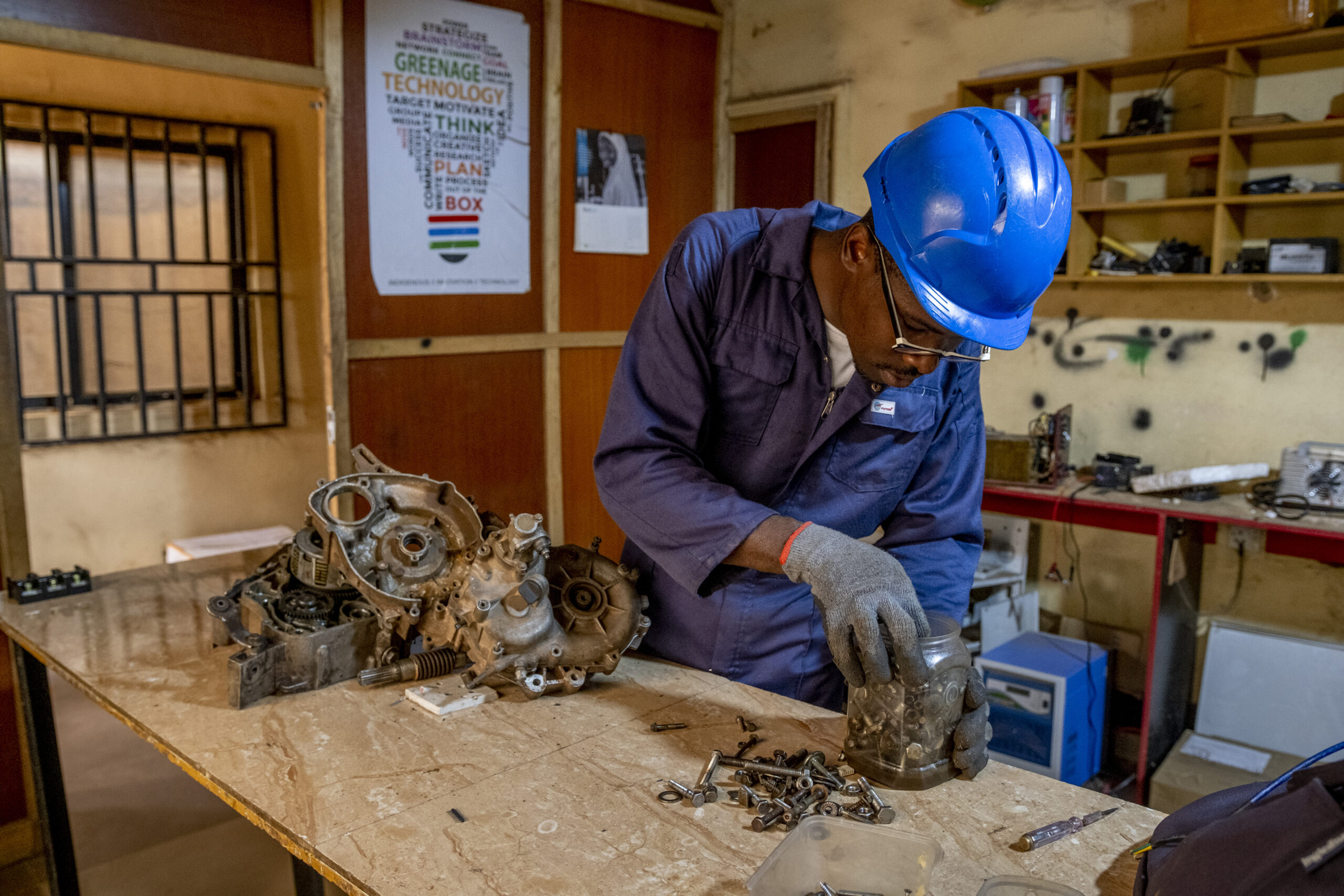Africa News
Africa Prize names finalists from SA, Nigeria, Tanzania, Uganda
Innovations include electromobility motorbike conversion, a portable uterine inspection device, and power packs made from recycled batteries.
Scalable engineering innovations created to address high gas prices by retrofitting motorbikes to run on batteries; easily diagnose and treat uterine health issues without anaesthetic; recycle lithium-ion laptop batteries into power packs for affordable electricity; and connect local communities through a digital rescue network to form community policing groups. These are the four entries selected as finalists for the Africa Prize for Engineering Innovation 2023.
Founded by the UK’s Royal Academy of Engineering in 2014, it is Africa’s biggest prize dedicated to engineering innovation. The ninth winner will be announced in Accra, Ghana, on 6 July 2023, and will be awarded £25,000, with the other three finalists receiving £10,000 each. This year’s finalists are from Nigeria, South Africa, Tanzania and Uganda, each of which are home to a previous Africa Prize winner. One of these nations will therefore see the selection of its second Africa Prize recipient in 2023.
The four finalists were selected from a shortlist of 15 African innovators for their proven ability to harness engineering to address common problems faced by Africans across the continent. The innovations tackle challenges central to the UN’s Sustainable Development Goals, including good health and wellbeing, affordable and clean energy, peaceful and inclusive societies, and reduced inequalities.
The four finalists include South African biomedical engineer Edmund Wessels, who designed FlexiGyn, a battery-powered portable handheld device enabling gynaecologists to diagnose and treat a woman’s uterus without anaesthetic or expensive equipment, increasing women’s access to reproductive healthcare, particularly in remote areas. Typical hysteroscopy systems are rigid, leading to high levels of patient discomfort, requiring bulky additional equipment for visualisation.

This innovative device offers a more comfortable and efficient experience for both patients and healthcare providers. In addition to the hardware, Wessels and his team are developing integrated software solutions that seamlessly connect the FlexiGyn device with existing medical practice systems. This integration connects OB/GYN specialists with GPs, radically increasing the frequency of diagnoses. Streamlining patient scheduling, electronic health record synchronisation and AI-assisted diagnosis, it optimises women’s healthcare delivery. Improved efficiency and collaboration enable healthcare professionals to diagnose and treat patients more frequently, enhancing the overall quality of care.



The other finalists include Nigerian electrical engineer, Chukwuemeka Eze; Tanzanian electrical engineer, Gibson Kawago; and, Ugandan software engineer, Anatoli Kirigwajjo. Three South African were included in the initial shortlist of sixteen, and are nominated for the GBP 5,000 One to Watch Award at the Africa Prize 2023 final.









